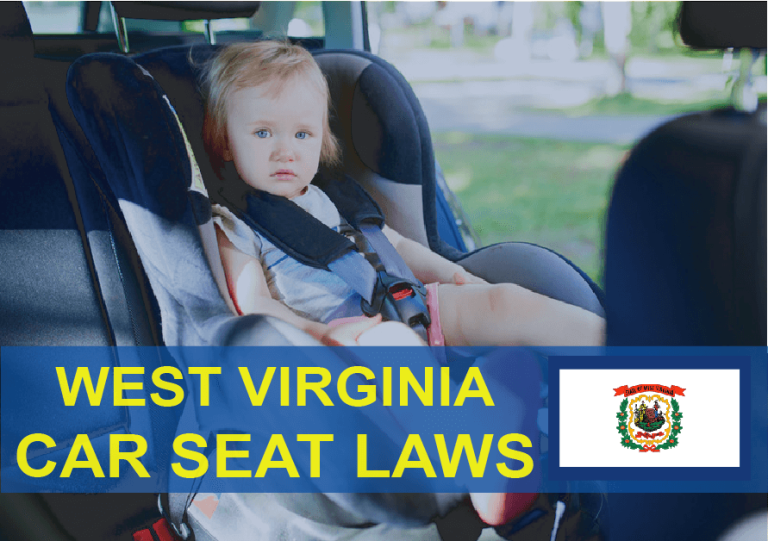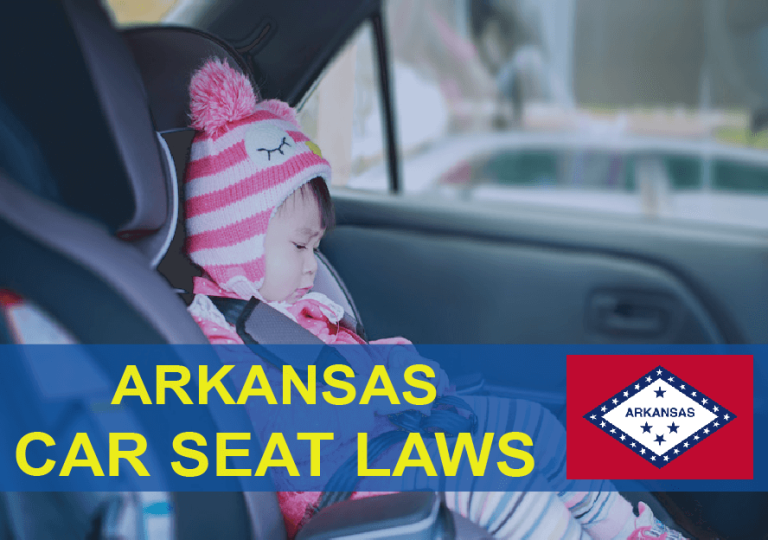Delaware law protects your children by ensuring that they are properly secured in a car seat. The state also has laws governing safety belts and booster seats. In the event of an accident, you must make sure that your child is secured in a proper car seat. Car seats are considered vital pieces of safety equipment, and they can help save your child’s life. In the event of an accident, a car seat protects your child’s spinal cord, which could otherwise be damaged by any blunt force impact or whiplash.
The purpose of this article is to provide an overview of the Delaware car seat law and how it impacts parents and their children. The information in this article will help you understand the law.

- Delaware Car Seat Laws
- Delaware Rear-Facing Car Seat Law
- Delaware Forward-Facing Car Seat Law
- Delaware Booster Seat Law
- Requirements for Children to Use the Front Seat in Delaware
- Delaware Car Seat Replacement Law After Accident
- Law On Leaving a Child in A Car in Delaware
- Penalties for Violating Delaware Car Seat Laws
- How Old Do You Have to Be to Sit in the Front Seat in Delaware?
- Is It Illegal to Smoke in A Car with A Child in Delaware?
- Car Seat Inspections Help in Delaware
- Child Passenger Safety Related Videos
- More Information and Resources On Car Seat Safety in Delaware
- USA Child Passenger Safety Laws by State
Delaware Car Seat Laws
According to the child passenger safety law of Delaware,
“All children must be properly restrained in a federally approved child safety seat appropriate for the child’s age, weight, and height up to 8 years of age or 65 lbs. whichever comes first.”

Delaware Rear-Facing Car Seat Law
Delaware law is unclear on the requirements for children to ride in rear-facing child safety seats. However, pediatricians recommend that children ride in rear-facing car seats until they reach the age of two or the manufacturer’s weight and height limits (most seats can support children up to 40 pounds).
Delaware Forward-Facing Car Seat Law
Keep your kids in a rear-facing car seat as long as possible, either as an infant or as a convertible seat. Delaware law doesn’t make a difference between the forward-facing and rear-facing car seats. It’s best for them to stay backward until the height and weight limit for that seat have been met. To use a front-facing car seat, you can start when your child is old enough to use a rear-facing car seat.
Delaware Booster Seat Law
When a child outgrows the forward-facing seat, he or she can move to a belt-positioning booster seat. Children must ride in a booster seat until they weigh 65 pounds or until they reach the age of eight, whichever occurs first. A booster seat elevates youngsters to ensure that they are adequately secured by the vehicle’s integrated seat belt.
The shoulder strap should lie flat across the child’s shoulders, and the lap belt should cross the child’s hips while lying flat. Booster seats must be secured in the rear seat and conform to federal motor vehicle safety regulations. A child may ride in a booster seat until he or she reaches a height of 4’9″ or more, or until the manufacturer’s height and weight, restrictions are met.
Requirements for Children to Use the Front Seat in Delaware
Delaware car seat laws say that children who are between the ages of 8 and 15 must be properly strapped into a car seat belt. Shorter than 65 inches or younger than 12 years old must be in the back seat if the car has an active airbag in the front seat. If the manufacturer installed airbags that were made for children or small adults, this law doesn’t apply to them because they were made by the manufacturer.
Also, the airbag must be turned off in a way that meets federal law in order to be inactive. Children who are 12 years old or taller than 65 inches can sit in the front seat with or without an airbag.
If you are confused about whether your child should use a booster seat or an adult seat belt only, this simple test will help you decide.
The Five-Step Seat Belt Fit Test:
- Is the child able to sit all of the way back against the auto seat?
- Are the child’s knees able to bend comfortably at the edge of the vehicle seat?
- Is the belt crossing over the shoulder between the neck and arm?
- Is the lap belt as low as possible, with the thighs?
- Is it possible for the child to remain in this position the whole journey?
If you answered “no” to any of these questions, your kid is not ready for an adult seat belt and still requires a booster seat to travel safely in the car. Boosters are popular with kids since they are more comfortable!
Delaware Car Seat Replacement Law After Accident
There is no law in Delaware that addresses car seat replacement. However, “NHTSA recommends that car seats be replaced following a moderate or severe crash in order to ensure a continued high level of crash protection for child passengers. Car seats do not automatically need to be replaced following a minor crash.”.
Law On Leaving a Child in A Car in Delaware
There are no rules in Delaware prohibiting parents from leaving their children in a car. It is never advisable to leave a child alone in a car for an extended period of time.
There are many dangers that can happen if you leave your child unattended in a car. The most obvious danger is that your child will get into hot temperatures and be dehydrated. Another danger would be that there may be toxic substances left by other people in the car, such as gas or drugs.
Finally, it’s important to remember that your vehicle can become hot enough to cause severe burns on your child’s skin if left for long periods of time.
Penalties for Violating Delaware Car Seat Laws
You may be fined $25.00 for each child restraint system and seat belt legislation infringement. Failure to provide a child restraint system or seat belt for more than one child in the same motor vehicle at the same time does not constitute a separate offense and will result in a single fine.
How Old Do You Have to Be to Sit in the Front Seat in Delaware?
Your child must be at least 12 years old or over 65 inches old to be in the front seat in Delaware.
Is It Illegal to Smoke in A Car with A Child in Delaware?
Smoking is prohibited in vehicles used to carry children under the supervision of a daycare, school, or other organization. As a result, smoking in a personal vehicle with minors is not legally prohibited.
Smoking in a car with a child present can be hazardous to the health of both the child and the smoker.
The dangers include:
- Increased carbon monoxide levels may lead to death.
- The chemicals in cigarettes produce tar which is harmful to children’s lungs and bloodstream.
- Smoking can cause anemia, dehydration, or malnutrition if you are pregnant or breastfeeding.
Child Passenger Safety Related Videos
Q&A: Child Passenger Safety Tips and Tricks
Rear-facing Car Seats for Babies: Safety Tips
Ask the Expert: Forward-Facing Car Seats
Car seat check: An easy guide
More Information and Resources On Car Seat Safety in Delaware
USA Child Passenger Safety Laws by State
FIND YOUR STATE’S CAR SEAT LAWS
Click on your state on the map below to see your state’s car seat law






